Beauty experts reveal tips for a great self-tan if you’re over 50

The dangers associated with natural sun exposure escalate with age.
For those in midlife and beyond it is particularly important to be wary of getting a natural tan.
Therefore, faux tan is a great option. Thankfully, achieving a sun-kissed glow from a bottle is very possible at any age.
However, mature skin demands a distinct approach, prioritising hydration, gentle formulations, and precise application techniques.
To address this, leading UK tanning experts are now sharing their essential tips for achieving a flawless, natural-looking tan for the over-50 demographic.
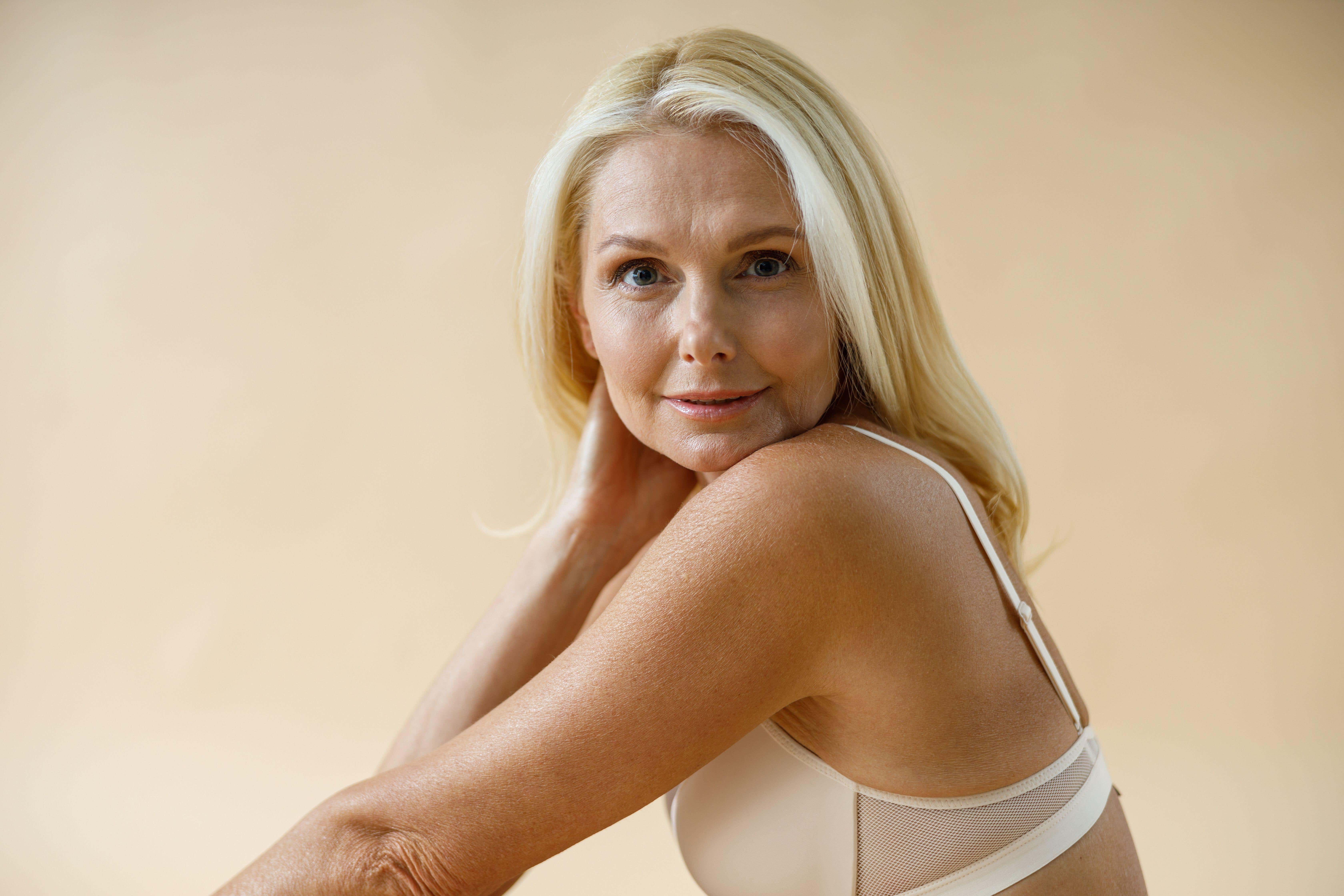
Rethink your base: mature skin needs more prep
Skin over 50 naturally produces less oil and fewer ceramides, meaning it’s more prone to dryness and patchiness.
So a tan that once glided on effortlessly may now grab unevenly or deepen in unwanted places. According to Bare by Vogue’s senior educational manager Niamh Walshe, hydration is the first and most important step: “A hydrated outer layer of the skin lets DHA react uniformly with surface proteins, delivering a smoother, ‘no streaks, no patches’ glow that rivals a real holiday.”
Dryness and age spots can alter how colour develops, so the result could look different on your skin compared to someone in their 20s.
View this post on Instagram
“You don’t want to go too dark, so you want to use a product that has less than 4% DHA,” says celebrity tanner and founder of Self Glow, James Read.
“If you go darker, this could highlight pigmentation or age spots. So, I would opt for a gradual serum or cream or a tanning mist. I wouldn’t use a mousse – you want to use a product that you can build up so you doesn’t highlight blemishes or pigmentation.”
But the best pay-off starts with the base. Applying a barrier by moisturising dry areas and pigmentation spots before tanning can help with an even application.
“Moisturiser will dilute all self-tan, so applying prior to self-tan application [on dark spots] will act as a barrier and ensure the dark pigmentation will not develop any darker,” says St Tropez’s in-house celebrity tan expert Sophie Evans.
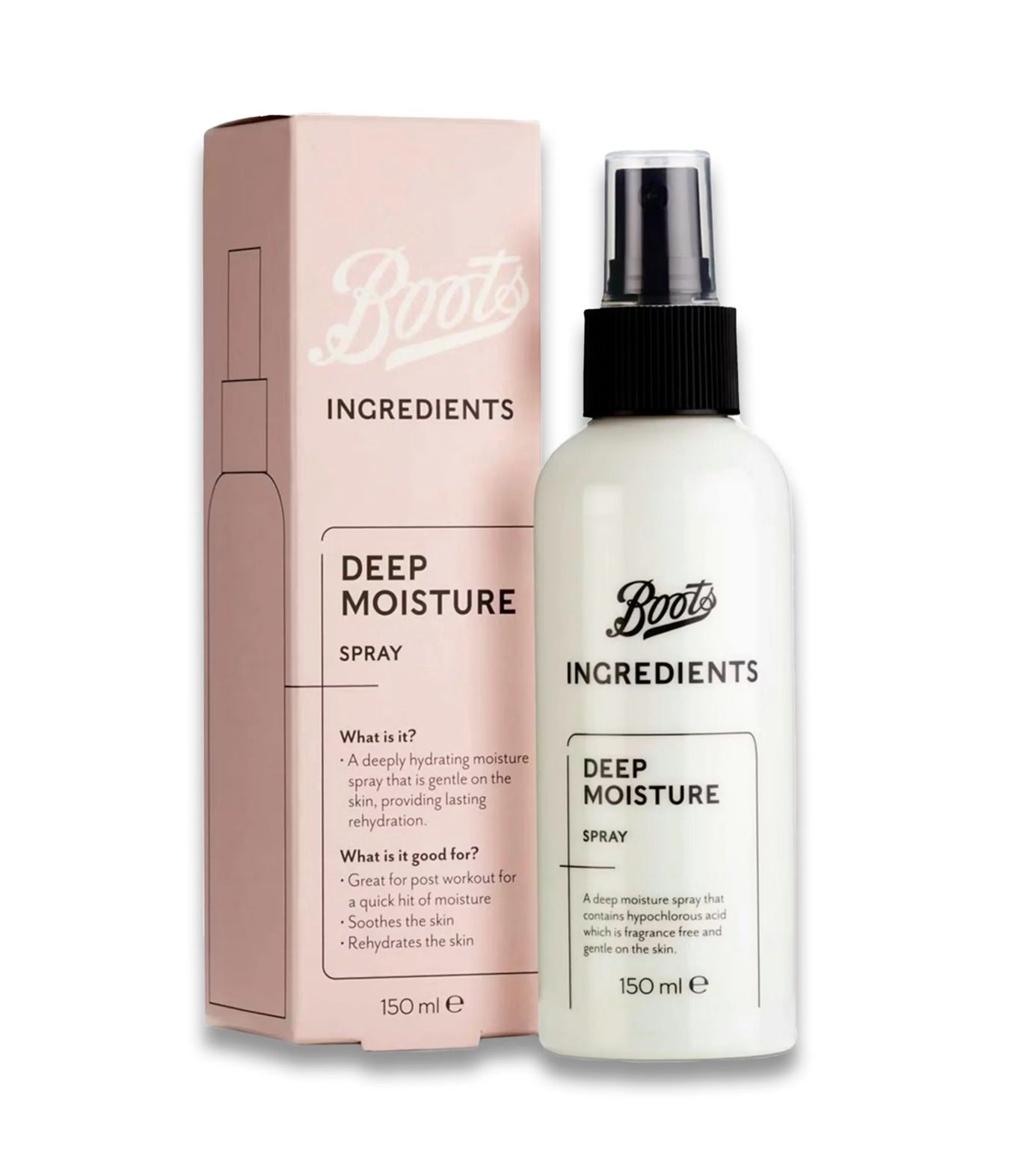
Boots Ingredients Deep Moisture Spray, £5
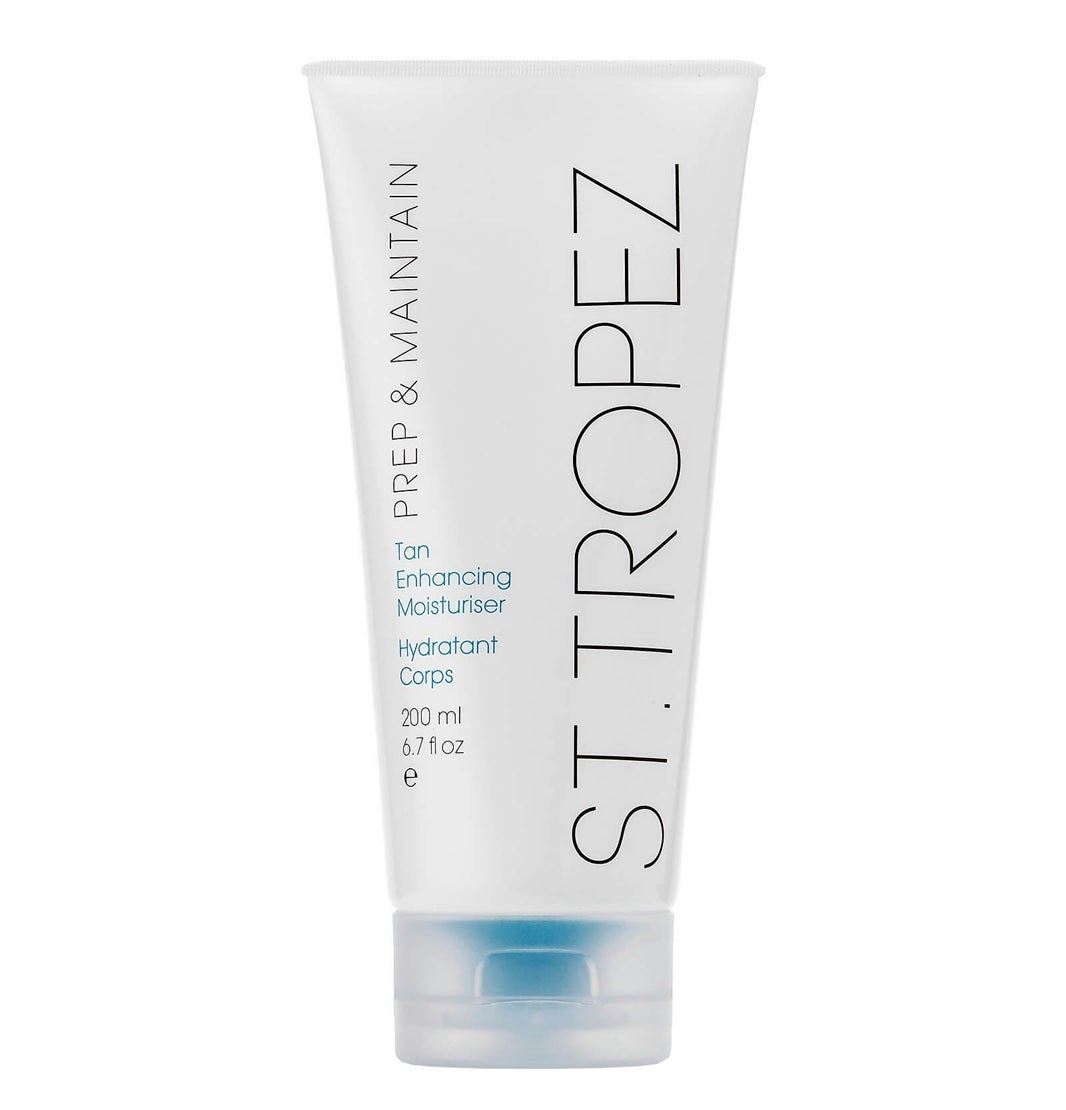
St. Tropez Tan Enhancing Body Moisturiser, £10, Very
Choose lighter formulas
Not all tanners are created equal, and over-50s benefit from products that prioritise skin health as much as colour pay-off. Lightweight lotions, tanning waters and gradual creams top the list for all three experts.
Serum or water-gel textures that are lightweight, fragrance free and laced with peptides are perfect for the face, while thicker, hydrating creams or lotions are best for the body.
View this post on Instagram
“Foam dries quickest, but skip it if you’re sensitive to drying alcohols,” says Walshe. “Gradual tanners are ideal for first-timers or anyone chasing a subtle ‘weekend in Provence’ bronze.”
Read also favours gradual tanning moisturisers for the body, as they often contain lower amounts of DHA as well as ingredients that counteract crepey areas on arms and shins.
“It’s easier to apply […] with less chance of patches or streaks,” he says.
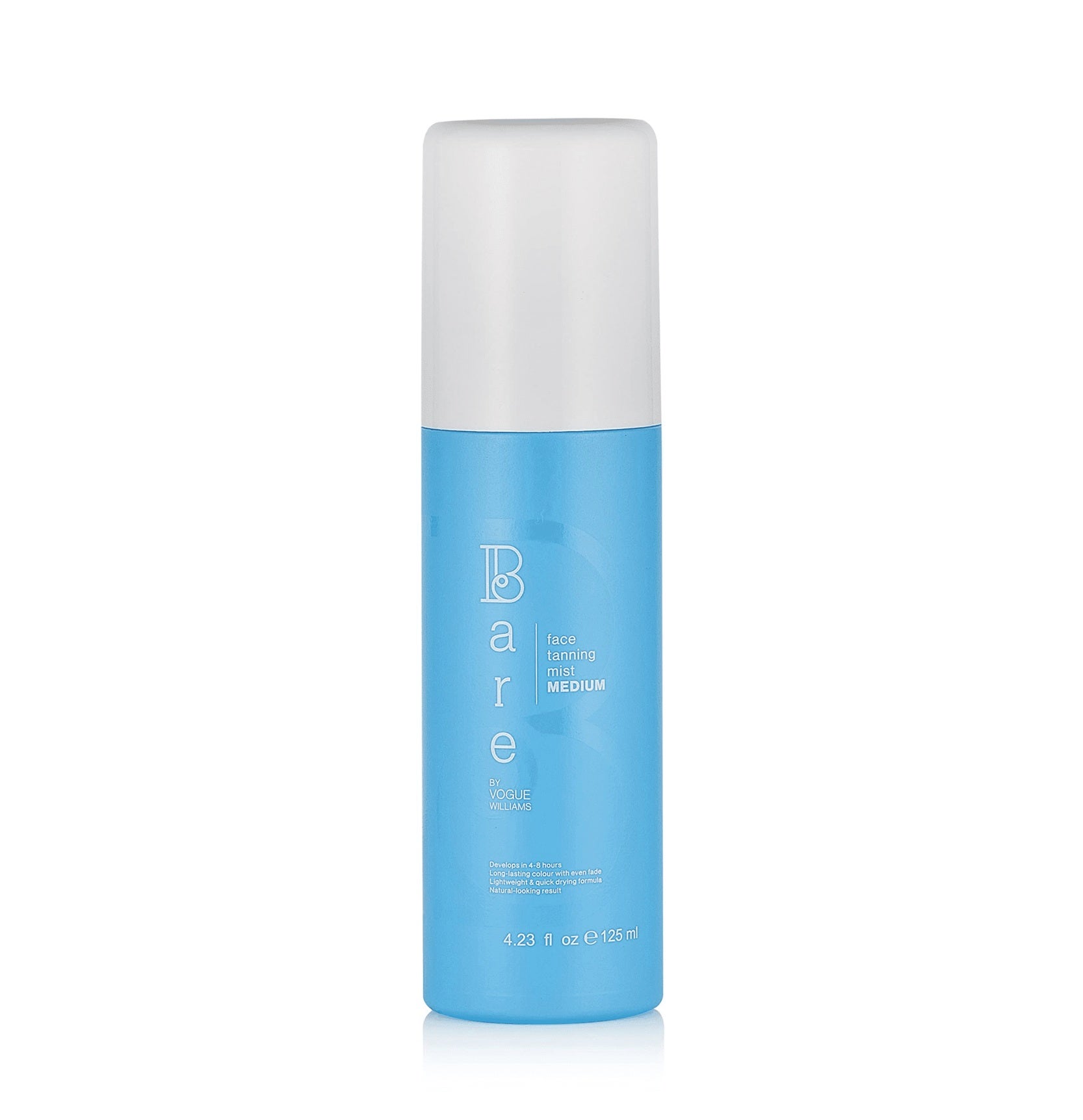
Bare By Vogue Face Tanning Mist, £17, Next
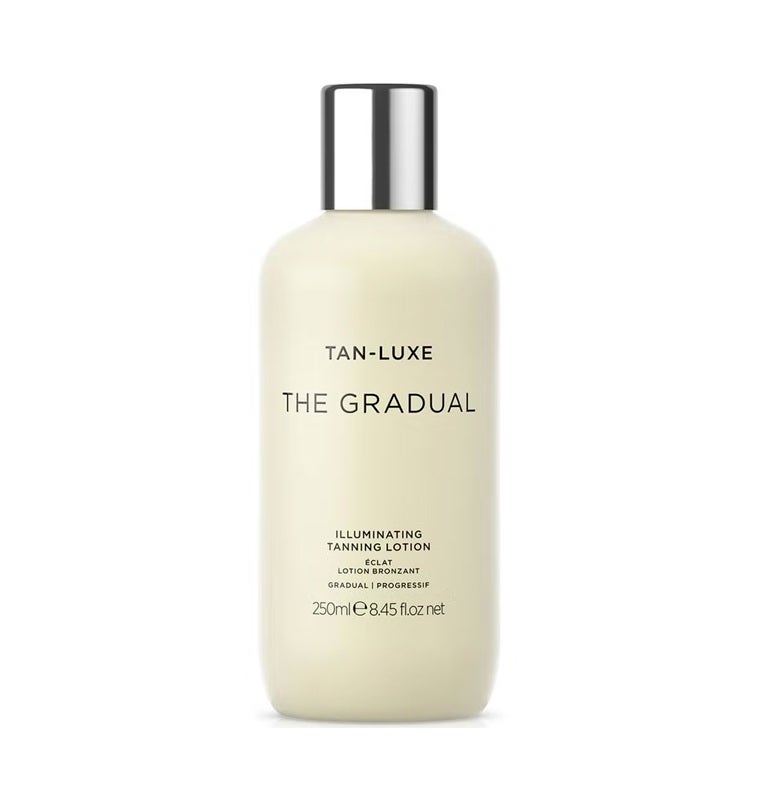
Tan-Luxe The Gradual Illuminating Tanning Lotion, £25, Look Fantastic
Avoid products high in DHA
For mature skin, the wrong ingredients can cause more harm than good. All experts advise steering clear of formulas with high levels of DHA or alcohol, as they can accelerate ageing.
“High-percentage DHA – 10%+ – can look orange on slow cell-turnover skin,” says Walshe, and “strong alcohol bases [can] siphon moisture” from already-parched complexions, while “heavy synthetic fragrance can trigger sensitivity in oestrogen depleted skin.”
View this post on Instagram
Instead, she suggests looking for formulations enriched with soothing and hydrating actives like aloe vera, allantoin and vitamin E.
A buildable formula with a lower percentage of DHA allows for more control – and fewer surprises. “Tanning drops are great as well,” says Read, “you can customise your own tan and add these to your favourite skin or body care products.”
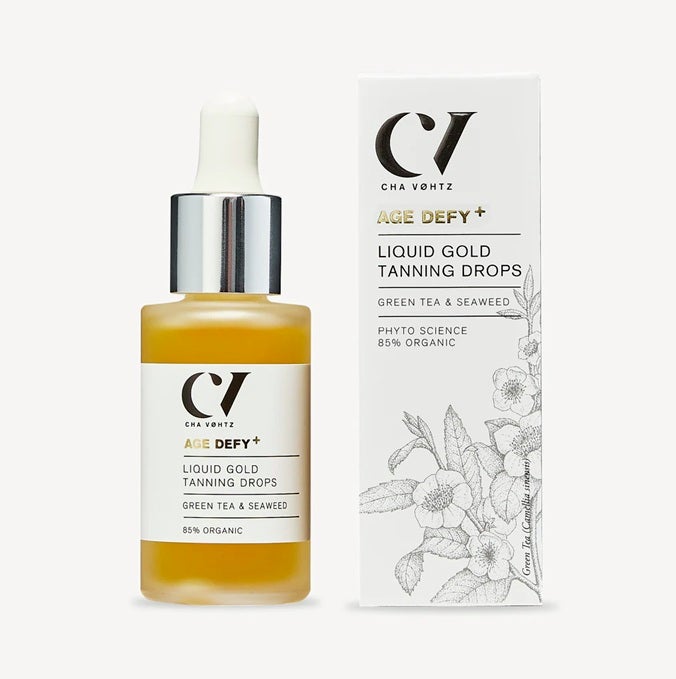
Green People Age Defy+ Liquid Gold Tanning Drops, £40
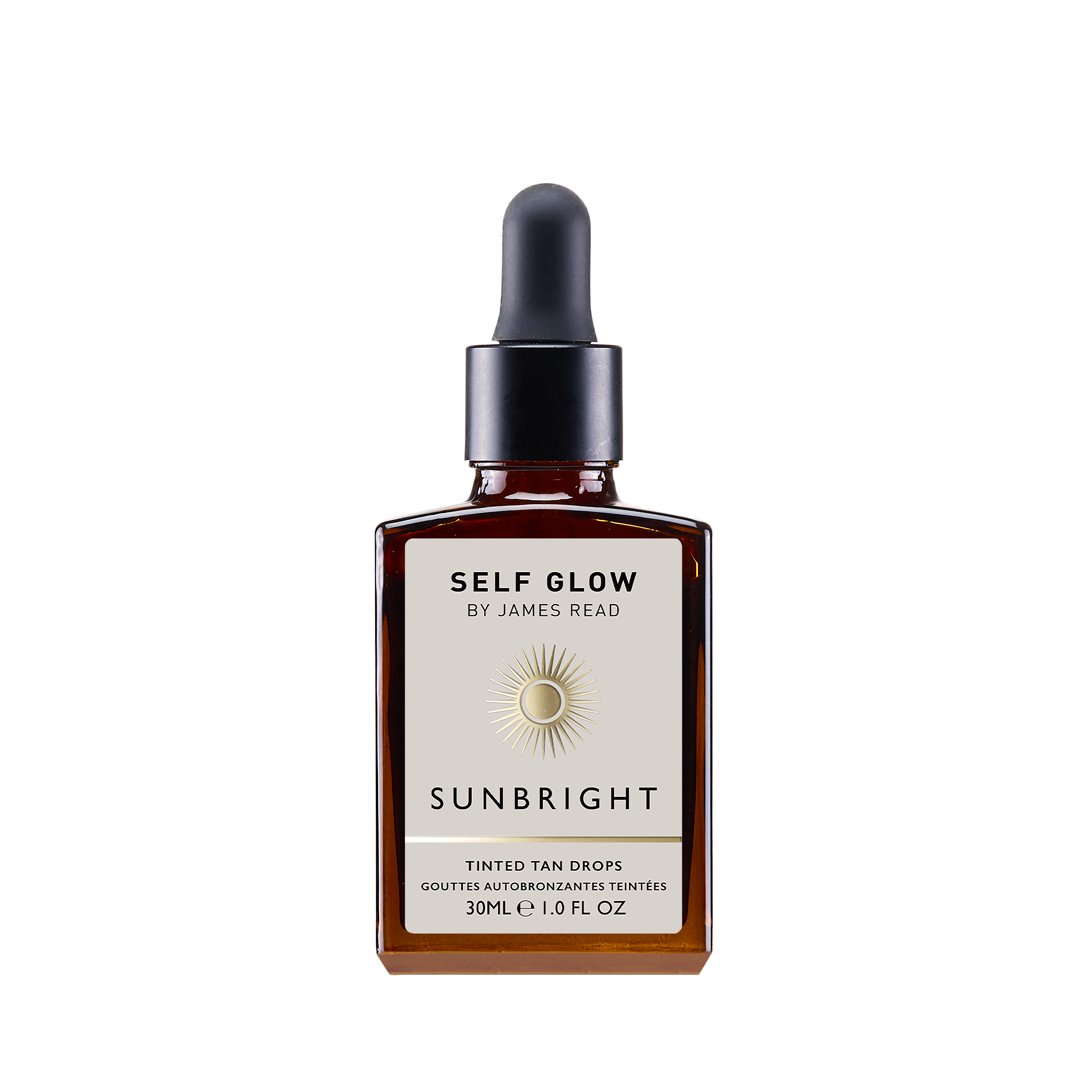
Self Glow By James Read Sunbright Tinted Tan Drops, £18, Space NK
How to prevent it settling in fine lines
The number one culprit for fake tan clinging to wrinkles or pigmentation patches is poor prep.
Evans swears by moisturiser as a buffer, especially around high-risk zones. “A good face self-tanner will not sit in lines and wrinkles […] if it does, it’s normally the built-in bronzer – the guide colour – that will deepen a crease.”
To stop colour from collecting where it shouldn’t, Walshe recommends a two-step strategy: exfoliate with a gentle acid pad the night before, then apply moisturiser to creased areas like crow’s feet or smile lines right before tanning.She suggests pressing the tanner in with a kabuki brush and using a damp sponge to blur excess product around nostrils, under-eyes and knuckles.
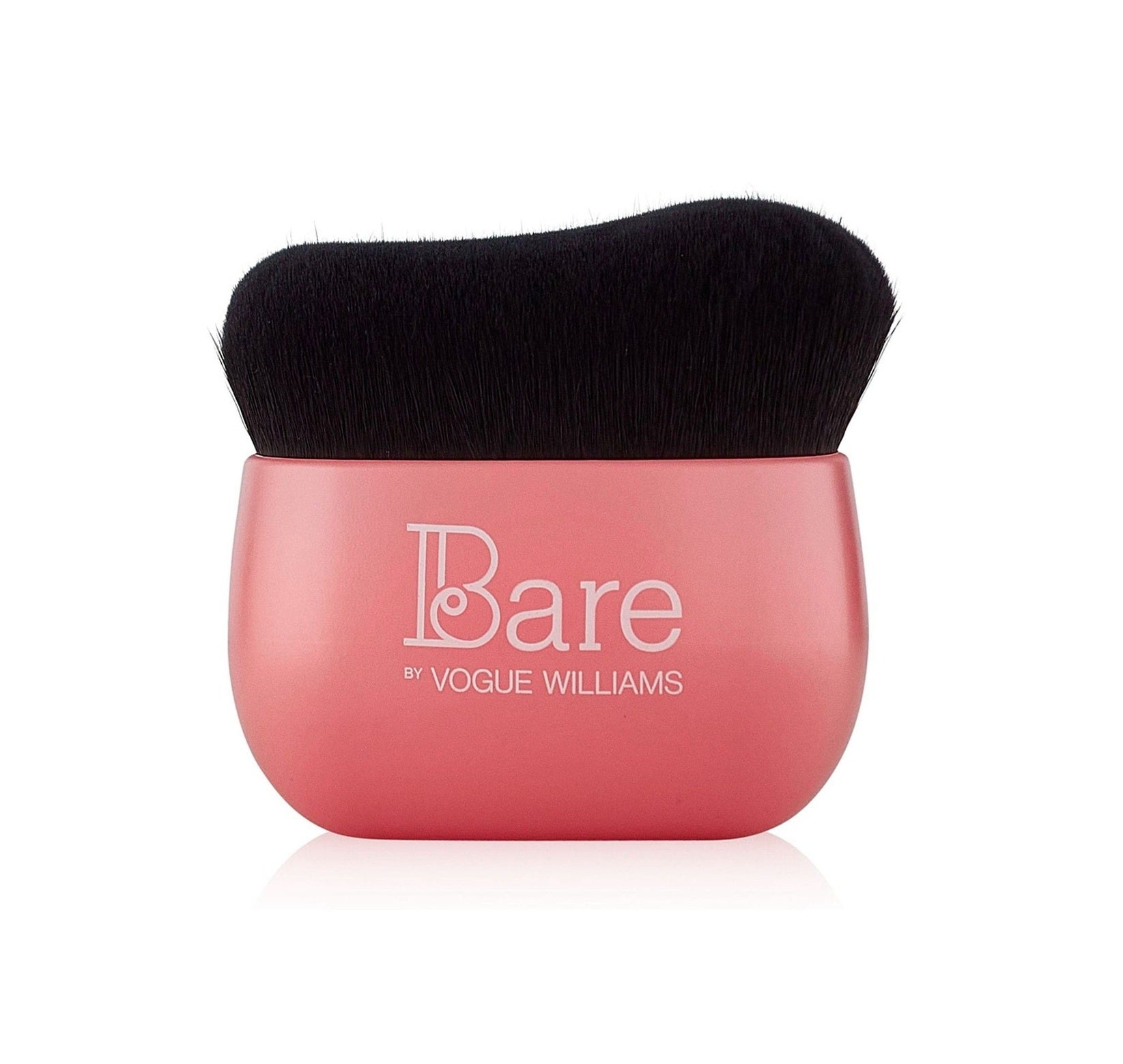
Bare By Vogue Self Tan Buffing Body Brush, £19, Next
Adapt your technique for neck, hands and décolletage
Areas like the neck, chest and hands often show signs of ageing first, so blending and fade are crucial.
Read recommends exfoliating two to three days after application to keep the tan natural-looking as it fades. “Keep those areas moisturised and hydrated,” he says, “this will reduce the possibility of streaks and patches.”
Another trick is the layering method: mixing gradual tan with moisturiser to create a seamless gradient down the neck and across the chest.
For hands, Walshe and Evans suggest buffing the product on with a brush, flexing fingers to avoid colour collecting in folds, then wash the palms thoroughly.
“Swipe outward from the centre, switch to circular motions at the shoulders and blot the clavicle hollows with micellar water for built-in contour,” says Walshe.
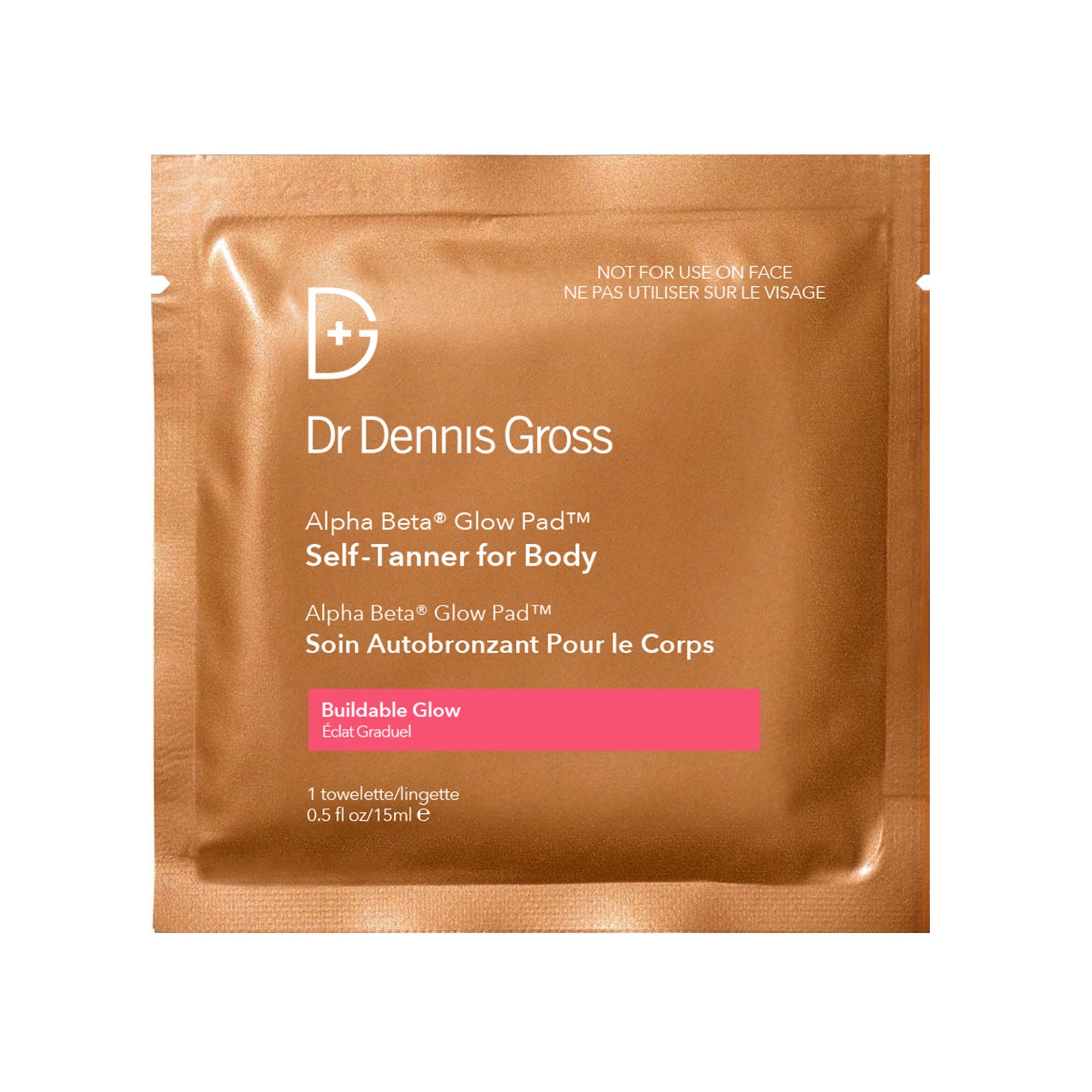
Dr Dennis Gross Skincare Alpha Beta Glow Pad Self-Tanner for Face, £48, Cult Beauty
[title_words_as_hashtags




